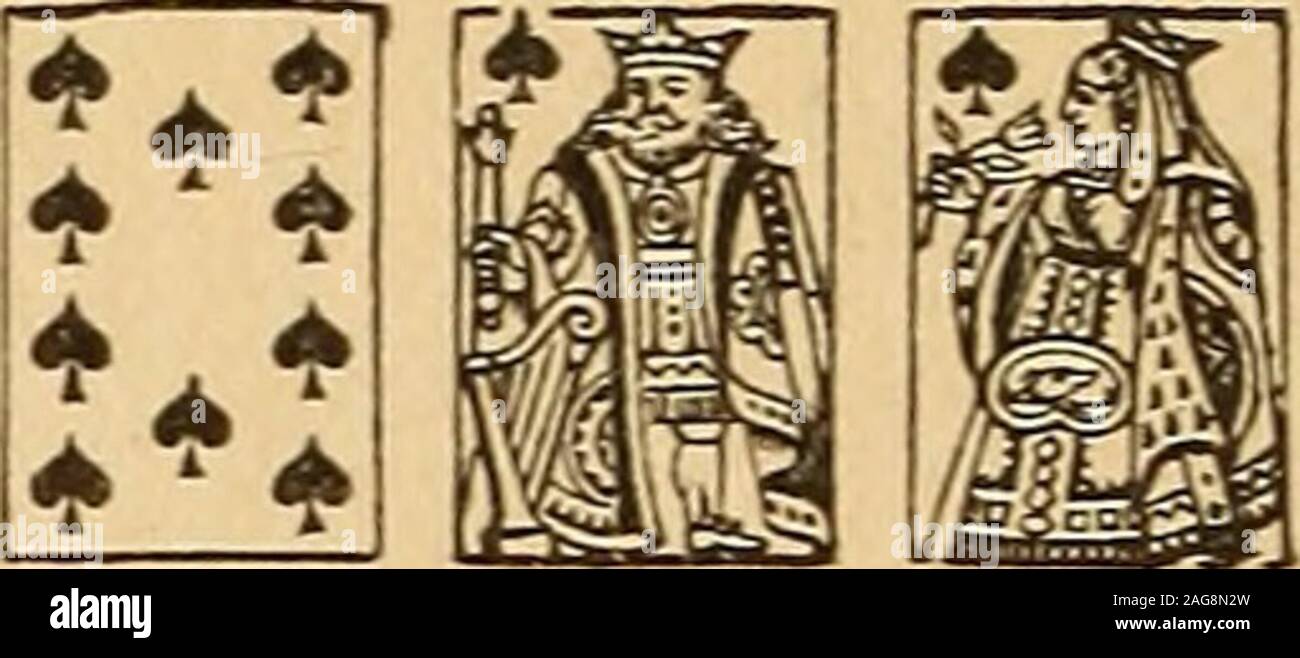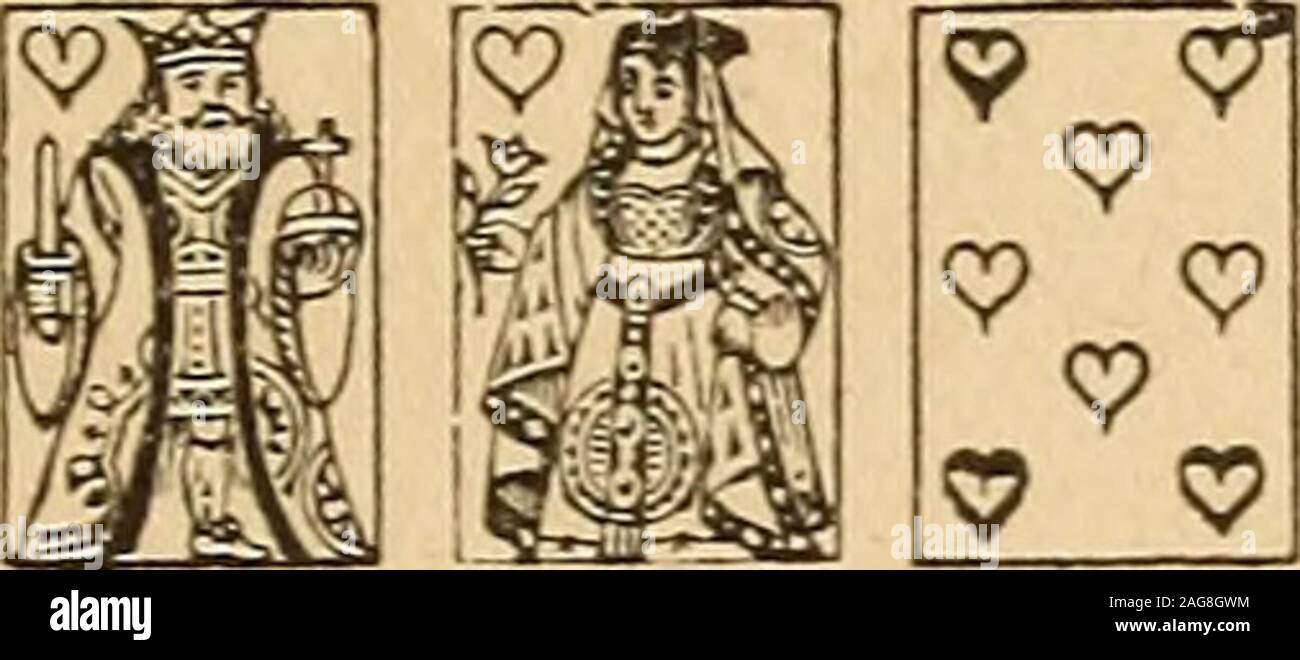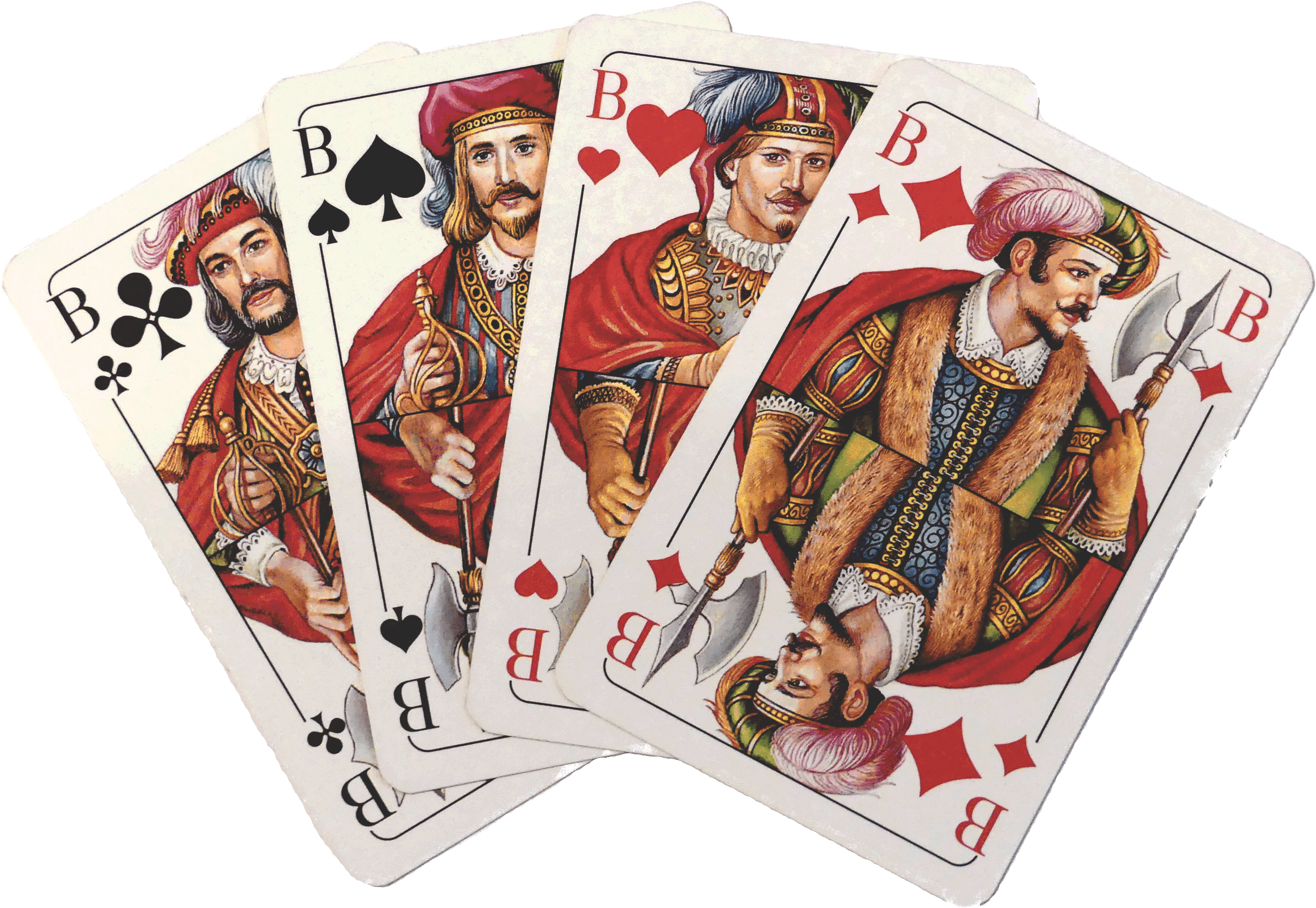- Skat Card Game Rules
- Skit Skat Card Game Rules
- Free Skat Card Games
- American Skat Card Game Rules
- Skat Bidding Rules
- Skat Game Rules
“I bid Grande!”
Skat Card Game Rules
Skat is a favorite card game of many Germans. Skat was originally developed around 1815 in the City of Altenburg. It is a three player
trick taking game and uses 32 cards of a standard deck. In Germany the game can be played with the German suites (acorns, leaves, hearts, bells), typically the standard French suited deck (clubs, spades, hearts, diamonds) is used. Skat’s governing body is the “International Skat Players Association” commonly referred to as ISPA.
- Bid for the right to name trump and catch the majority of points in your tricks.
- SkatGame lets you play Skat online with other players and programs. Skat is a popular 3-player trick based card game. The app features a 'RushSkat' room in which players are matched randomly.
- Skat is easily the highest ranked card game in the world and involves strategy, memorization, psychology, and a bit of luck. Although it takes time to learn the basics, it will challenge any card player. Skat is a game that can take a lifetime to master. Preis Skat is played on the first Friday each month.
Skat is easily the highest ranked card game in the world and involves strategy, memorization, psychology, and a bit of luck. Although it takes time to learn the basics, it will challenge any card player. Skat is a game that can take a lifetime to master.
Preis Skat is played on the first Friday each month. On the 3rd Friday, we welcome anyone who would like to learn the game. This is designated as Beginner’s Night. This includes ladies and young people. If you like to play cards we think you will also like this game. The club will provide verbal assistance and a copy of the rules to take home. NOTE: Prizes will be after each series. All games are played in the Ratskeller.
There are many online sites that are dedicated to both playing and the teaching of the game. Playing options include playing against
A Skat game is a game in which the Player may make use of the Skat and a Hand game is where the Skat will remain face down on the table untouched. In either a Skat game or a Hand Game, the Player can declare one of the following 'Games': Suited: The Player declares the suit of his choice to be the trump suit for the hand.
the computer or playing against other people. There are also forums for the discussion and dissemination of strategy. Below are links to some of the more common sites:

Online Play-
www.heni-online.de/java/skatplay_js.php
(Basic computer Skat game, computer plays weak)
Play against other people from around the world (Chat will typically happen in German).
A very nice site although not as many members as skat-online (It can take some time to find a table). If you would like to play a money tournament several Canadian members sign-up on Thursday evenings at 8:00pm.

For information concerning the Skat Klub please contact the club office at 402-333-6615.
OFFICERS
Vorspieler — Steve Richards
Kassenverwalter — Ken Dirksen
Schriftführer — Vern Dolleck
Skit Skat Card Game Rules
Back row (left to right) Larry Dolleck, Vern Dolleck, Friedhelm Otto, Helmut Zielich
Middle row-Steve Grimes, Ken Dirksen
Front row-John Unruh, Chris Langmaack, Jim Zielinski, Klaus Langmaack
18, 20 … weg – the Card Game Skat celebrates its 200th anniversary
It is not usual for the regulars at my local pub to fall silent. They are ready to guffaw at the worst possible jokes, chatter and wisecrack even when watching a crucial football game on the television in the no-smokers room. But when they gather on Mondays to play Skat, you could hear a pin drop.
That is not the only thing to feel grateful for as Germany’s national card game celebrates its 200th anniversary. It is a game that is tangled up with the country’s history in a way that its rivals, poker and bridge, are not. The rules may seem impenetrable to foreigners but after a few hours of quiet observation you can usually pick up enough knowledge to play at least a losing hand. Three players (two against one), 32 cards (three hands of ten and two discarded cards), the ten tricks. I won’t try to explain all the rules. Suffice it to say that it is a game that depends heavily on memory, counting, logic and on being able to read the players. Luck has only a marginal role.
The chairman of the Stuttgart Skatfederation, Hans Schedler, says nothing irritates him more than when a player shouts out “I had a bad hand!” (“Ich hatte schreckliche Karten!”) If you lose at Skat, you can only blame yourself. “A good player doesn’t moan about his mistakes, he learns from them” (“Ein guter Spieler meckert nicht über seine Fehler, er lernt daraus”). The fact is you have to be able to concentrate. That is why publicans don’t much like the Skat players – the game does not encourage heavy beer consumption.
Germany is unthinkable without Skat
But he has to put up with it because Germany is really unthinkable without Skat. That’s why politicians who want to show that they are close to the grassroots take it up. The ex-chancellor Gerhard Schröder holes up in the North Sea island of Borkum for his summer holidays and since there is not much by way of entertainment up there, he plays Skat at the island pub and, as he admits, always loses. The late president Johannes Rau was a more successful player, as is the former head of the Left Party, Oskar Lafontaine. The Noble-winning novelist Günter Grass plays with Social Democratic colleagues and made the game one of the threads of his book The Tin Drum. All of which suggests that Skat may be a game tailored for political minds. It is difficult though to picture Chancellor Angela Merkel taking part in a Skatrunde. It began as a male-dominated game and though there are estimated one million female players (out of a total of 20 millions) in the German speaking world, it remains that way. One friend, a banker in his 40s confessed to me that “Skat made me into a man”. By which he meant, it gave him the ability to accept defeat and move on.
Italian roots
Originally, the game seems to have come from Italy. According to legend, the fundamental ideas were introduced by a coachman arriving from the south; he had played the game with his Piedmontese colleagues. Skat comes from the Italian word “scartare” to discard – and “scatola”, meaning a box for keepsakes. The game is a variant of Tarock – also sometimes called Tarot – and the ancient game of Schafkopf, or Sheepshead. But Skat was only formalised, one could say Germanised, in 1810 in the Thuringian town of Altenburg.
The best minds of the town sat around a table and worked it out – the grammar school director Johann Friedrich Hempel, the medical consultant (Medizinalrat) Hans Carl Leopold Schuderoff, the notary Friedrich Hempel and the court chamberlain Hans Karl Leopold von der Gabelentz. Occasionally, they would be joined by the publisher Friedrich Brockhaus (his encyclopaedias are standard works in Germany, even now). Why they had so much time on their hands is anyone’s guess. From Altenburg it spread to university towns and became a favourite student pastime. Germany was at the time living under the shadow of Napoleon and it was to stay a patchwork society of duchies and principalities until unification in 1871.
An almost classless game
During those years different versions of Skat were played in the south, north and east of the splintered nation. But it had already established itself as an almost classless game and it was not unusual to see craftsmen playing with pharmacists and doctors. It was not uncontroversial: the philosopher Arthur Schopenhauer declared it to be a mentally bankrupt occupation, while Richard Strauss was so struck by its hidden order that he integrated a game into his opera, Intermezzo.
After Bismarck unified Germany, Skat too had to be unified. From 1886 national Skat-congresses – taken very seriously indeed – hammered out the rules. Should one bid (reizen) on the basis of colour or numbers? Skat became a metaphor for an emerging nation. Around the campfires before the Battle of Sedan (1870) Bavarian and Thuringian soldiers couldn’t even agree on the rules. But by the First World War – judging by the passages in Erich Maria Remarque’s All quiet on the Western Front (Im Westen nichts Neues) – Skat had become a cherished way of killing time in the trenches.
One of the hidden backchannels of German unification
The 11th and 12th Skat congresses in 1927 and 1928 finally codified the rules. Soon enough though German history was catching up, souring the game – from 1937 Jews were forbidden to play – and another generation of soldiers was shuffling the cards before going into battle. In divided past-war Germany, there were two Skats, an eastern and western version. The East German communists banned Skat clubs for a long period, fearing that the game could become a hub of subversive activity. Three players, all known and trusted to each other could be fairly certain that they had not been infiltrated by a police informer.
But over time, the communists relaxed and permitted Altenburg to resume its activities as a rule-maker and arbitration committee for Skat problems worldwide. That opened up a line of secret communication between Skat lovers in West Germany and East Germany: one of the hidden backchannels of German unification.
And so it is that Skat has survived and flourished even in the age of on-line poker and video-games. Kurt Tucholsky, the brilliant satirist form the 1920s, had already spotted that Skat had become part of the national fabric. “Wenn dem Deutschen so recht wohl ums Herz ist, dann singt er nicht. Dann spielt er Skat.' ('When the German is feeling good, then he doesn’t burst in song. He plays Skat.”). As usual, Tucholsky got it right.
Roger BoyesFree Skat Card Games

American Skat Card Game Rules
is Germany correspondent for the London daily newspaper 'The Times'. He has been living in Germany for twenty years and is author of the column 'My Berlin' in the 'Tagesspiegel'. In his book 'My dear Krauts' he describes the peculiarities of everyday life in Germany with typical British humour.Copyright: Goethe-Institut e. V., Online-Redaktion
December 2010
Skat Bidding Rules
Photo “Grand” © Christine Braun / PIXELIO
Do you have any questions about this article? Write to us.
online-redaktion@goethe.de
Skat Game Rules
Related links

